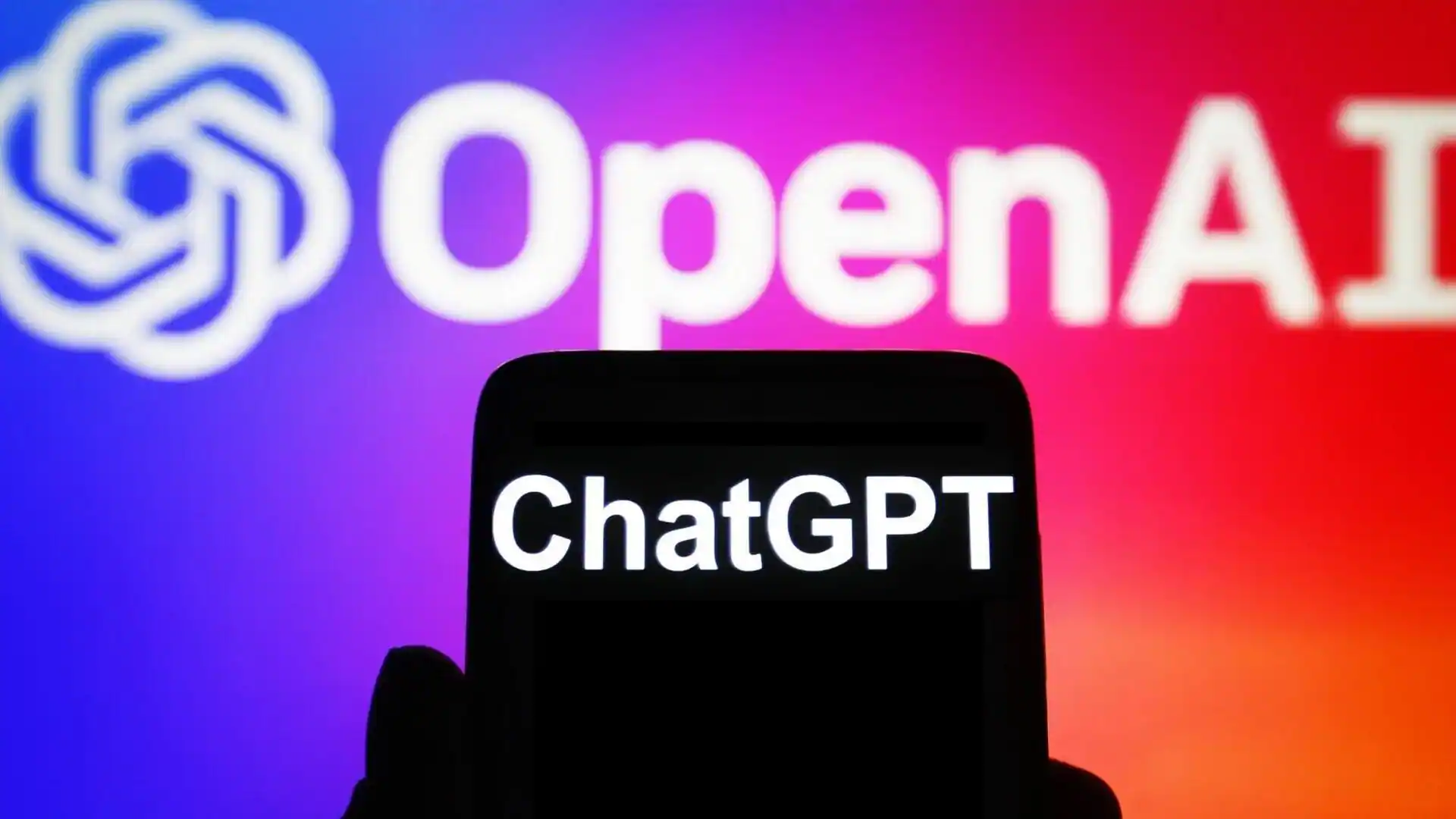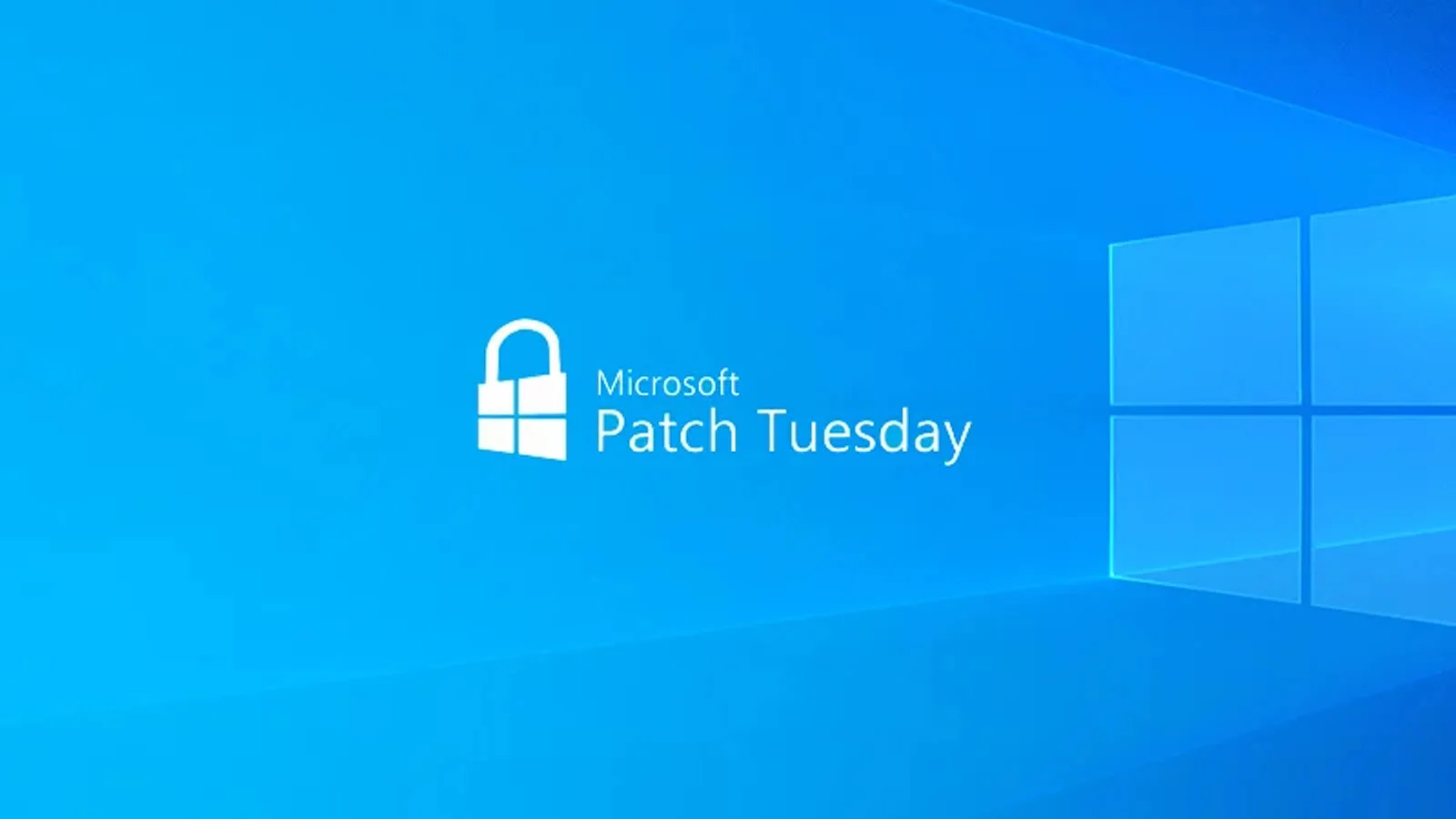In the ever-evolving landscape of AI-powered tools, OpenAI continues to push the boundaries with innovative offerings like ChatGPT. Now, they’ve introduced Canvas, a feature that could potentially revolutionize how we approach writing. As someone who spends a significant amount of time working with text, I was eager to explore Canvas and see how it stacks up against traditional word processors like Google Docs. After spending some time with it, I’m genuinely impressed. Canvas isn’t just a text editor; it’s a collaborative workspace that seamlessly blends writing and coding with the power of ChatGPT.
A New Era of Writing with AI Assistance
One of the standout features of Canvas is its ability to generate text, translate languages, and write different kinds of creative content. Imagine having a brainstorming partner who can instantly provide you with ideas, refine your writing, and even offer suggestions for improvement. That’s precisely what Canvas brings to the table.
But Canvas goes beyond basic text generation. It allows you to:
- Generate different creative text formats: From poems and code to scripts and musical pieces, Canvas can help you explore various creative avenues.
- Get instant summaries: Need a concise overview of a lengthy document? Canvas can summarize it for you in seconds.
- Answer your questions in a comprehensive manner: Canvas leverages its knowledge base to provide detailed and informative answers to your queries.
My Personal Experience with Canvas
I’ve been using Canvas for a variety of writing tasks, from drafting articles and blog posts to creating outlines and brainstorming ideas. What I appreciate most is its ability to help me overcome writer’s block. When I’m stuck, I can simply ask Canvas to generate some text based on my prompts, and it often provides me with the inspiration I need to move forward.
Another aspect I find incredibly useful is the “final polish” button. It’s like having a dedicated editor who can refine my grammar, improve clarity, and ensure my writing is concise and professional. In my experience, the grammar polishing feature in Canvas is more efficient than Grammarly because it seems to understand the flow and nuances of my writing better.
The Future of Writing with Canvas
Canvas is still in its early stages of development, but it has the potential to transform the way we write. As AI technology continues to advance, we can expect Canvas to become even more powerful and versatile. Imagine a future where Canvas can:
- Generate entire articles or reports based on your specific requirements.
- Provide personalized feedback and suggestions tailored to your writing style.
- Seamlessly integrate with other tools and platforms.
OpenAI Canvas is not just a worthy competitor to Google Docs; it’s a glimpse into the future of writing. By combining the power of AI with a user-friendly interface, Canvas empowers writers of all levels to create better content with greater efficiency. While Google Docs remains a valuable tool for many, Canvas offers a compelling alternative that is worth exploring.


















